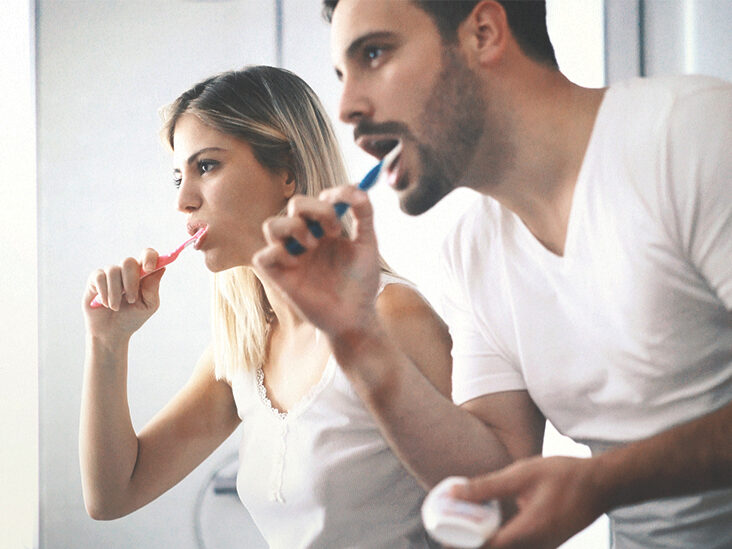Dental habits (and sometimes the lack thereof) are things that don’t just irk your dentist, but your teeth too. Your oral health is only as good as how you take care of it. It requires effort, sometimes even a hefty price, but oral health is part of your overall health, so it warrants the same amount of attention that you give to your body. Yet, people are still quick to dismiss bad dental habits that may cause irreparable damage in the future. Here are a few examples of these and why you shouldn’t follow them.
Not Replacing Your Toothbrush Regularly
Do you remember the last time you changed your toothbrush? If it’s been a while, then it’s time to throw yours away and get a new one. This is the 3-month rule you should follow.
Over time, the bristles in your toothbrush will start to get twisted and fall out, especially when you brush your teeth regularly (just as you should). As the wear affects its performance in cleaning your teeth, it’s recommended that you replace your manual toothbrush every 12 to 16 weeks. As for electric toothbrushes, since the bristles are shorter, they may fray quicker. They should be replaced every 12 weeks to keep up their performance.
In case you get too lazy to go out to buy a new one, consider buying multiple spares at one go, so it’s more convenient to switch to a new toothbrush.
Not Wearing Your Retainers
Just when you thought you’d be free from metal in your mouth, in comes the retainers. Depending on what type (i.e., bonded, clear plastic, or Hawley) you prefer and/or is prescribed to you by your dentist, it’s expected that you wear them all day and all night, except when you eat or clean them. This should be the case for 4 to 6 months or for however long your dentist advises. Although it can be a hassle, it’s something you’d rather do than let months of pain and discomfort fade away as you leave your teeth to shift.
Braces are pricey, but they give you a confident smile and a great bite. You owe it to yourself and your oral health not to feel lazy about wearing retainers.
Not Flossing Every Day
Have you flossed today? Skipping it can be a regular thing. One day can turn into one week so easily. Instead of putting it off, instill more discipline in yourself. It’s time to integrate it into your routine before you wish you had done it sooner.
The American Dental Association prescribes that flossing should be done daily to prevent cavities and gum disease. Furthermore, flossing is especially helpful in combating plaque build-up, which may cause tartar and/or cavities.
DIYing Dental Solutions
The nature of the human race is that if one can skimp on something, the tendency is they will end up doing so. Although this may be friendly for the wallet, the consequences aren’t always friendly. Here are some examples of dental solutions DIYed.
Depending on the condition of your oral health, you can consider at-home whitening. But if your oral health is not the best, you may experience heightened teeth sensitivity and gum irritation with at-home treatments (i.e., whitening rinses, gel strips, etc.). To ensure the health and safety of your teeth and gums, consult your dentist about in-office tooth whitening.
Another popular yet harmful dental fix one could do are DIY orthodontics. Although they provide an alternative to the traditional braces one gets from the dentist, opting for the former could be attributed to one’s lack of economic advantage. Regardless, the damage obtained from it is not worth it. Moving your teeth too fast for a short amount of time can cause damage to your bone and gums. Additionally, they’ll move back to their original positions faster than the forced alignment.
Speaking of flossing, you’d be surprised by the odd items people use in substitute to dental floss—all for the sake of the momentary need to remove something stuck between their teeth. Apparently, the biggest reason why people don’t floss is that it’s time-consuming. That’s why you might think now, but in the future, after harm has been done to your teeth and gums, you wish you had.
Proper oral hygiene doesn’t just entail regular visits to the dentist. It’s most especially about the care you put into your oral health every day. It certainly doesn’t help to take shortcuts in improving your dental hygiene and cosmetics.

